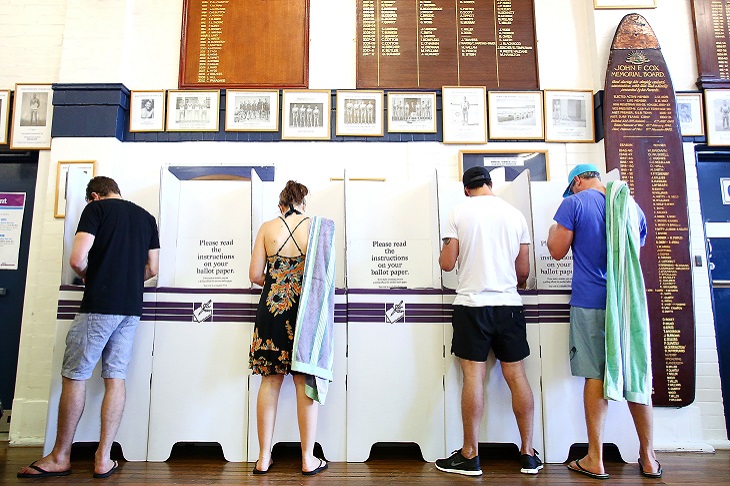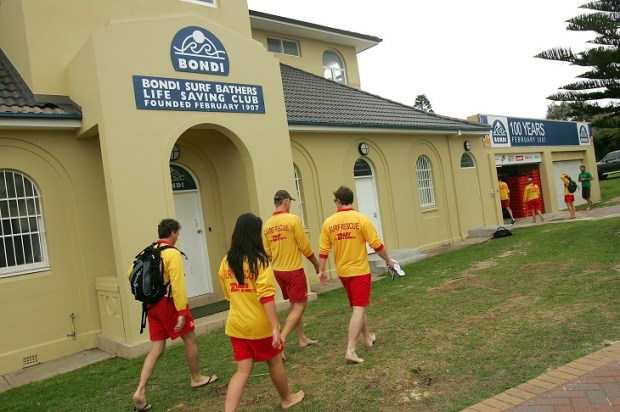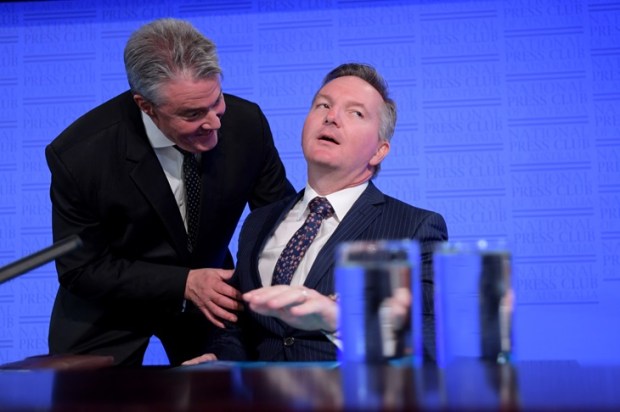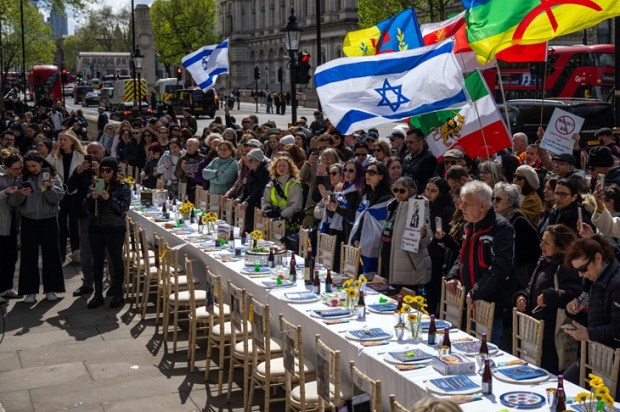On March 19, Australians come together to celebrate what may be one of the least appreciated aspects of our democracy.
That is, our ability to vote privately inside a polling station without having someone watch over our shoulders.
It was this day, 166 years ago in 1856, that the Victorian Parliament first legislated what has come to be known as the ‘secret ballot’.
Now adopted all over the democratic world, this concept of voting is a uniquely Australian invention.
In the early 1800s, Britain had a system of voting where voters had to write down the name of their preferred candidate openly.
This information would in turn be read out publicly.
As Members of Parliament weren’t paid in those days, most political candidates tended to be self-sufficient landowners who could afford to work without a salary.
Since those candidates knew who hadn’t voted for them, they had the ability to harass voters.
As we may imagine, this was an elitist system that was far from what we would today consider to be democratic.
Australia inherited public voting from Britain and kept it for half a century until its domestic political landscape gradually shifted towards egalitarianism as a guiding principle.
The idea that we should all be treated as equals regardless of our background was forged in the harsh conditions of the Australian outback and on the goldfields.
The discovery of gold in 1851 started a period that was to be known as the Gold Rush and resulted in close to half a million workers flocking to Victoria in search of a better life for themselves, their families, and communities.
It was far from an easy ride. Finding gold was highly uncertain. The work was backbreaking and the weather inhospitable. The diggers were also contending with arbitrary government interference and taxation by way of a license fee which had to be paid regardless of gold being discovered.
This led to resentment and resistance from the gold-diggers, culminating in the violent confrontation on December 3, 1854, at the Eureka Stockade.
The workers lost that battle but won the war. Almost everything they had demanded – from cutting the license fee to universal male suffrage – was implemented over the coming years.
More importantly, the Eureka Stockade revealed something fundamental about Australian culture: We rejected any notion of elitism and undue suppression of regular working people.
Against this backdrop, the idea that a wealthy landowner or union official should be allowed to stand over someone’s shoulder and watch who we voted for was always going to be deemed inconsistent with the values which were coming to define Australian colonial society.
So by 1855, the British Parliament came to pass the Victorian Constitution Act.
Now charged with legislative autonomy, the colony of Victoria had an opportunity to work out its own system of politics.
It was in this context that former Mayor of Melbourne and Upper House member William Nicholson, who would later become the third premier of Victoria, identified the opportunity to submit an electoral bill that sought to allow voters to record their votes by secret ballot.
Of course, this didn’t go without resistance from affluent stakeholders.
But they were on the losing side in an Australian society that had no time for such elitism.
The reform passed in early 1856 making Australia the first nation to introduce secret ballots, first across pioneering state Victoria, later Tasmania and South Australia.
The rest of the colonies came to follow suit soon afterward.
The advent of this Australian-style secret ballot has since gone on to set a global precedent that was eventually embraced by Britain and the United States.
Every time we as modern-day voters think of our ability to walk into a polling station on election day and be able to cast our votes for whoever we wish to without someone looking over our shoulders, long may we thank what happened on this day 166 years ago.
As the values of democracy are increasingly being challenged domestically and internationally, it is more important than ever that the pioneering role Australia played in establishing a bedrock of democracy around the world is remembered and cherished.
Dr Sherry Sufi is a Senior Fellow at the Centre for the Australian Way of Life at the Institute of Public Affairs. He wrote his PhD thesis on language and nationalism.
Got something to add? Join the discussion and comment below.
Get 10 issues for just $10
Subscribe to The Spectator Australia today for the next 10 magazine issues, plus full online access, for just $10.

























Comments
Don't miss out
Join the conversation with other Spectator Australia readers. Subscribe to leave a comment.
SUBSCRIBEAlready a subscriber? Log in